Know your medicine
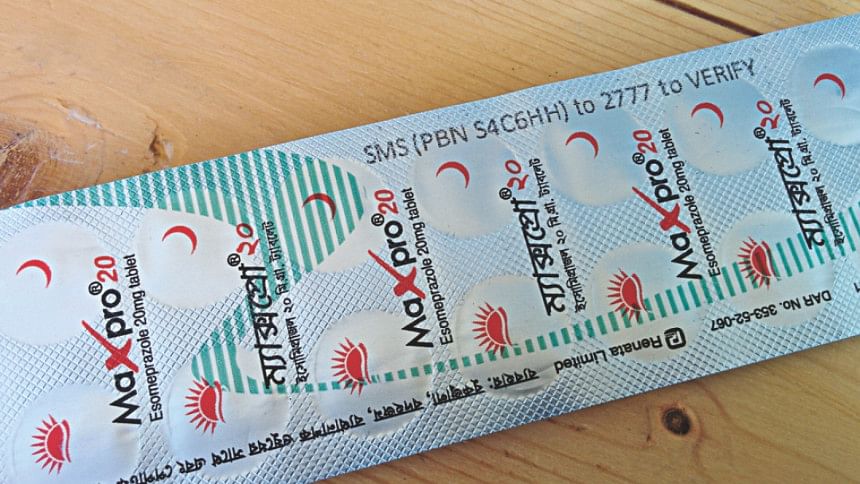
Renata has introduced a new method to verify the authenticity of two of their over-the-counter drugs.
While buying Rolac, for pain relief, or Maxpro, for acidity, you can text the unique number printed on the back to 2777 and immediately, you would be notified whether the product is original or you are being fooled.
This has happened thanks to an association between award-winning start-up Panacea Live Ltd and the country's fourth largest pharmaceutical company Renata ltd.
It is just the beginning, said two brothers behind Panacea, indicating the prospect for their partnership with other major players in Bangladesh's 100 odd pharmaceuticals.
An estimated Tk 600 crore of counterfeit medicines are traded in the Tk 18,000 crore medicine market in Bangladesh each year, according to drug makers.
Talking to The Daily Star, Panacea's Chief Executive Officer (CEO) Soumik Aswad and his elder brother and the company's chief growth officer (CGO) Souvik Aswad said many prizes and accolades came in their way over the last three years but Renata was the first pharmaceutical company that put faith in them.
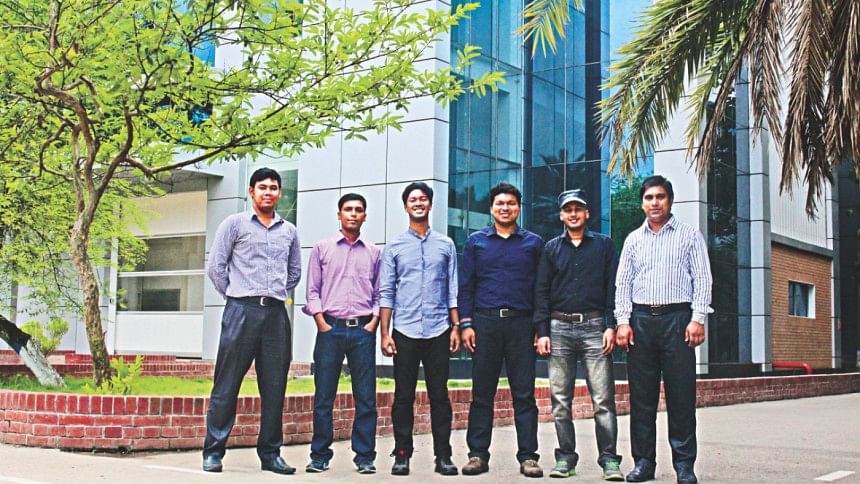
"Now that Renata has had unique codes printed on each of the strips of its two medicines and made them available in all medicine stores, other pharmaceuticals took note of it. We are in the process of partnering a few more companies soon," the CEO said.
Panacea is a mobile application that allows customers to verify whether a medicine is genuine or fake -- an all too common problem in Bangladesh.
The start-up imprints a unique nine-digit code onto each medicine strip in the manufacturing line of the partner company.
During purchase, a customer sends the code to 2777 in an SMS. If the code matches the information stored in the app, the medicine is genuine.
If it does not match, the app automatically sends a notice of forgery to the sender through a text message.
"Panacea is a technology built to fight counterfeit drugs and we use a mobile app and an SMS service to accomplish the goal. When partnered with pharmaceuticals, Panacea helps consumers verify the authenticity of that company's medicines," explained Soumik, who is a BBA student at the Bangladesh University of Professions (BUP).
Souvik, the Panacea CGO is a business administration graduate from Dhaka University.
The Aswad brothers, both in their early twenties, came up with the idea as they were troubled by an “alarming” infiltration of counterfeit medicines in the market and the potential life threatening impact on consumers.
Having developed the idea into a full-fledged business plan, the brothers set up a company called Panacea in 2014.
Since then, the company has won many awards including the first prize at TIE Next Big Bang Challenge, Bangladesh; Second prize at GIST Startup Boot Camp, Bangladesh; first prize at Reconnect Startup Boot Camp, Nepal; and second prize at Start Up Open, Washington, DC in the US.
While awards are satisfying, the real test comes in trying to execute a business plan successfully. To this end, the Aswad brothers solicited the support of pharmaceutical companies in Bangladesh, and Renata limited volunteered to help.
There were big challenges at the very outset. A plethora of information is already printed on the blister foils and the additional printing requirement of the unique code created a new problem.
Company Secretary of Renata Ltd Jubayer Alam told The Daily Star, "Renata uses super-fast blister machines but the online printers were not fast enough to place the unique code alongside the pre-existing information.
“The team searched globally for printers with matching speeds but none could ensure an acceptable loss in the production and thus, the project seemed doomed."
Renata's young engineers -- Diponkor Dutta Partha, Nafeul Islam, Golam Arif and Rakibul Hasan -- then had their own eureka moment to modify the expensive blister machines, recalled Jubayer.
"The retrofitted machines now allow additional printers to be installed to place the unique code without slowing down the packaging. The project took 10 months to complete and has been rolled out recently. Extensive testing has been done to ensure its effectiveness."
Asked, why pharmaceutical companies should make extra investments to check a few medicine adulterers out in the market, Aswad brothers said, those who make counterfeit medicines often target well-known brands.
The packaging and outer appearance of the fake product appears to be the same as the original one.
Apart from the home market, Renata products are also exported to Afghanistan, Belize, Cambodia, Ethiopia, Guyana, Honduras, Hong Kong, Kenya, Malaysia, Myanmar, Nepal, Philippines, Sri Lanka, Thailand, United Kingdom, and Vietnam.
So, it is obvious that a company like this would give priority to its brand name instead of a little expenditure, added the brothers.
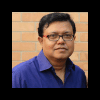
 For all latest news, follow The Daily Star's Google News channel.
For all latest news, follow The Daily Star's Google News channel. 

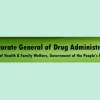

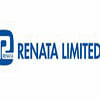




Comments